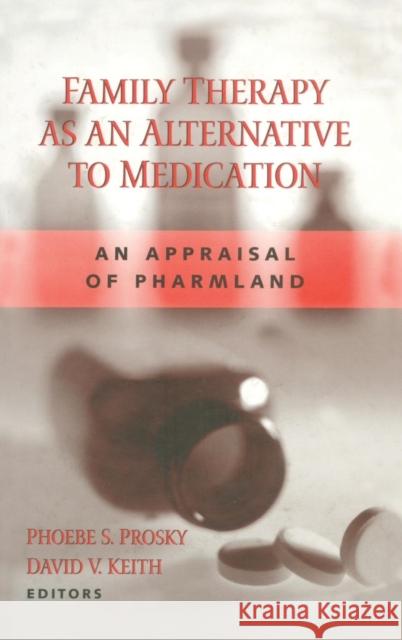Family Therapy as an Alternative to Medication: An Appraisal of Pharmland » książka
topmenu
Family Therapy as an Alternative to Medication: An Appraisal of Pharmland
ISBN-13: 9780415933988 / Angielski / Twarda / 2003 / 334 str.
Family Therapy as an Alternative to Medication: An Appraisal of Pharmland
ISBN-13: 9780415933988 / Angielski / Twarda / 2003 / 334 str.
cena 166,13 zł
(netto: 158,22 VAT: 5%)
Najniższa cena z 30 dni: 164,10 zł
(netto: 158,22 VAT: 5%)
Najniższa cena z 30 dni: 164,10 zł
Termin realizacji zamówienia:
ok. 22 dni roboczych
Bez gwarancji dostawy przed świętami
ok. 22 dni roboczych
Bez gwarancji dostawy przed świętami
Darmowa dostawa!
First Published in 2003. Routledge is an imprint of Taylor & Francis, an informa company.











